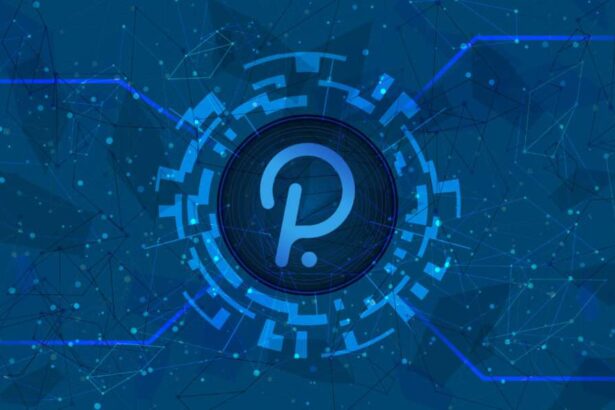Blockchain technology is poised to revolutionize more than just payment and crypto currency. Many industries will be reshaped by the new trusted data models enabled and inspired by the blockchain. Healthcare may hold the greatest opportunities for meaningful use of the technology. In the modern world, healthcare data is being generated and stored in vast quantities. The digitization of health records has already demonstrated huge benefits for improving patient care, by enabling efficient information handling by healthcare practitioners and better communication between medical teams. Society needs a system of health data that is integrated, efficient (high speed and high quality), secure, and with clear accountability and data ownership.
A Personal Health Information system that is integrated
Unfortunately, the current setup remains inadequate for the level of information fluidity that we have become accustomed to. As it stands, personal health information (PHI) data is stored in centralised, static databases. The formats and structures for data storage are non-standardised and built to suit to the operations of each healthcare provider. Whilst there are some sharable forms of PHI data, the existing systems tend to be purpose specific and require a significant degree of manual oversight to ensure secure transfer of data outside the host establishment. An individual’s lifetime health record is therefore stored in pieces at each provider, to which patients have no access. In its current form, PHI data remains an ever-expanding resource with huge untapped potentials.
A Personal Health Information system that is efficient
The current method of PHI storage is highly inefficient and not conducive to effective clinical care. Health care professionals rely upon accurate and up-to-date health information to make informed decisions and treatment plans. This information comes in all forms and is generated in multiple places, such as general practitioners, hospitals, community clinics, dentists, pharmacies, nursing homes, and so on. Patients interact with many different healthcare providers in a lifetime, with each interaction representing one facet of an individual’s health profile. Much of this data is held electronically, for example blood tests, imaging, medication history, operation notes and correspondence from different medical professionals. Currently, PHI data is split across independent systems that cannot be readily shared, or even if it can be shared, requires time and manual facilitation, with the result being a duplicated copy of the existing source data. This current method is highly inefficient, and translates to poorly informed decision-making resulting in misdiagnoses, delays to treatment and avoidable harm to the patient. Implementing a shared data source, could bring huge benefits to health care delivery.
A Personal Health Information system that is accountable and transparent
Healthcare data is currently hosted by providers, rather than the patient. The patient tends not to have access to their own data, as the mechanisms for this are not in place. In many aspects of healthcare, the relationship between healthcare professionals and patients has evolved to one of patient centricity. However, this shift is yet to be reflected in health data ownership. For now, healthcare professionals remain as the gateway for clinical information, releasing what is deemed appropriate to the patient.
Using health blockchain to enable access to PHI data controlled by a patient-managed would mean that access to the PHI data could be controlled by the patient, or whoever the patient shares the responsibility with (such as a caregiver). If you are interested to learn how Blockchain can help your business reach out to Build Your Blocks today.

